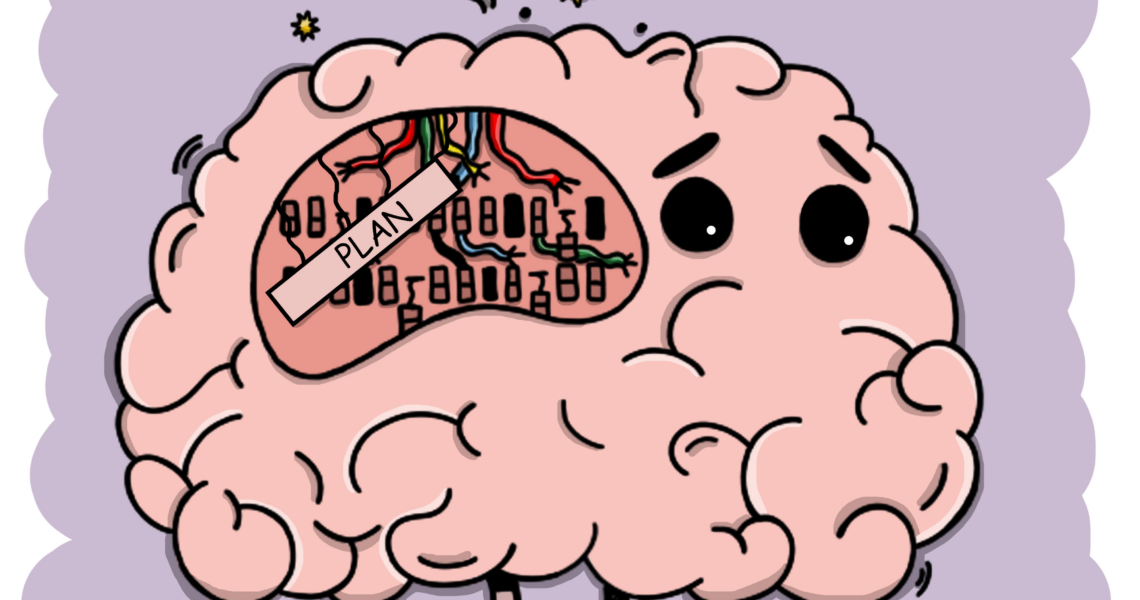Not eating through change
Last Friday (10th) I moved back into my amazing little home, after spending lockdown at my parents. While I knew it was change and I would miss being at their house, I was so excited to get back into my little home I dismissed the need for any transition period or safety nets.
I was wrong to do that. Autism is not about what we do and don’t want to do. I love my little home and was very excited to move home. I let that cloud how hard it would be.
I pulled out of a concert once with my best friend. I was terrified she would think I just didn’t want to go. I did want to go, but I couldn’t. There is a huge difference. (She didn’t think it anyway, because she’s amazing).
Change is change. Good or bad. Sensory overload is sensory overload. Whether in a concert we want to be in or not. How much we want to do something doesn’t take away from its autistic impact.
I should have been more aware of that. I’m an autism advocate that thought I could outsmart autism – never a good idea. To think I could brush over the change impact because I wanted it, was silly. Lessons have been learned!
I didn’t give my mind the space and comfort it needed to transition. I thought I was doing okay because I wasn’t hitting meltdown, I didn’t feel uptight, I wasn’t stimming (negatively). Everything seemed fine. Until the stomach pain hit.
A few days into being back I realised something wasn’t right. My stomach hurt. I wasn’t eating. I hadn’t realised because I wasn’t hungry. The thought of food was so far from my mind. It felt like my body had decided it just didn’t need it. I had other more important things to process and food wasn’t a high enough priority.
It got worse before it got better. The more I worried that I wasn’t eating – the more I couldn’t eat. My stomach hurt. I felt weak. I tried to force food down, but it made me sick.
I then reached out to the autism community to try and understand it. I know, the autism advocate seeking help. I am still learning with you guys and write this blog to share that learning. The autism community gave me so much incredible advice and insights into their own experiences. A huge thank-you to anyone that replied to me across any of the social platforms.
The two things I took from the replies was:
1. It’s not a big deal – I needed to stop panicking about not eating. Not because it was making it worse (which it was), but because medically it wasn’t a big deal. I was drinking which was the main thing. And I was eating, even if very small amounts. Medically this was okay and wasn’t something I needed to panic about.
2. It was the change – It became apparent my mind was struggling and had lost the ability to feel hunger as a result. I needed to calm my mind.
After understanding the situation more and realising what was going on I changed tactics with eating, and being home. I switched from new Netflix shows to Scorpion (special interest). I took time to rest instead of working (those waiting for sensory packs, I will get to you soon!) I cared less about eating healthy and more about eating whatever I wanted. I invested in protein shakes as a way to drink ‘food’.
I have eaten a bit more this weekend and while I don’t know if my mind is calming (it never felt stressed), the physical side seems better. I will continue to wrap my mind in special interest comfort and give it time.
While this has taught me a lot about autism and eating – the connection is much greater than I thought, when it comes to appetite. The biggest lesson is to pay attention to things that you wouldn’t think were autism, but they are. I did know enough about autism to know when I stopped eating it could likely be for autistic reasons.
Often the way we react to situations isn’t obviously triggered by a struggling mind. A ‘tantrum’ in a child being an autistic meltdown. An adult walking out of a room being sensory overload. A teenager lashing out because they can’t cope with social pressures of school.
I often refer to how life beats the crap out of autistic people, it’s true. It’s so hard. And the way that presents itself isn’t always obvious.
A huge thank-you to my incredible friends and family who have done nothing but support me through this. None of them sought to make me feel silly. They all rallied around me. From mum turning up with my favourite foods ‘just in case’ to friends giving advice. Autistic life is hard, a good support system is the difference between me getting through this relatively unscathed, or it becoming a mental health problem.
Have patience with us. Look to understand. Show kindness.
Found this blog helpful? You can support my writing and say thanks by buying me a coffee 🙂
